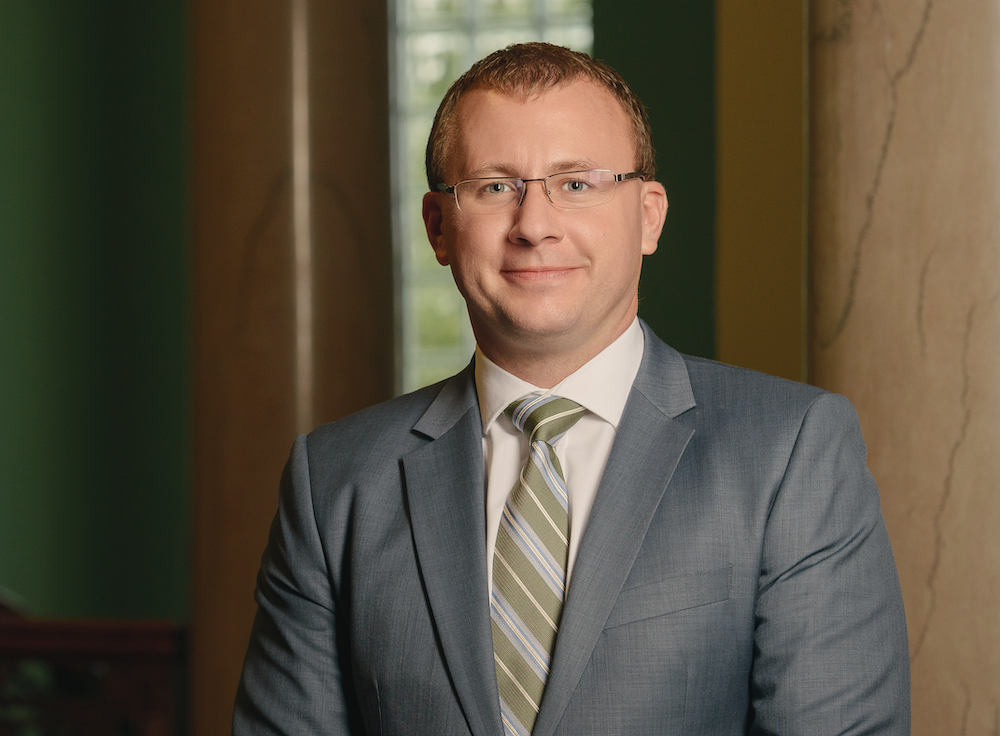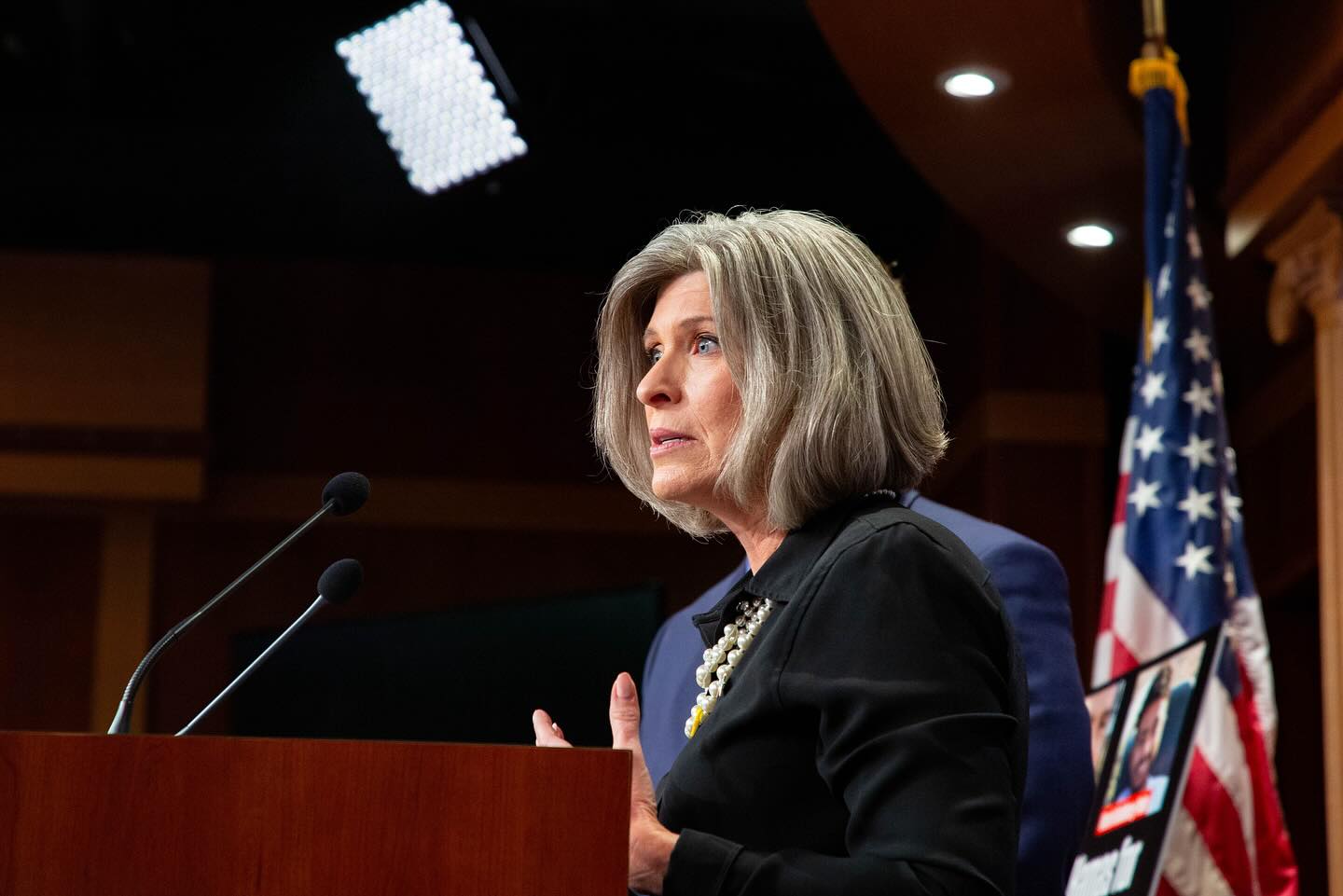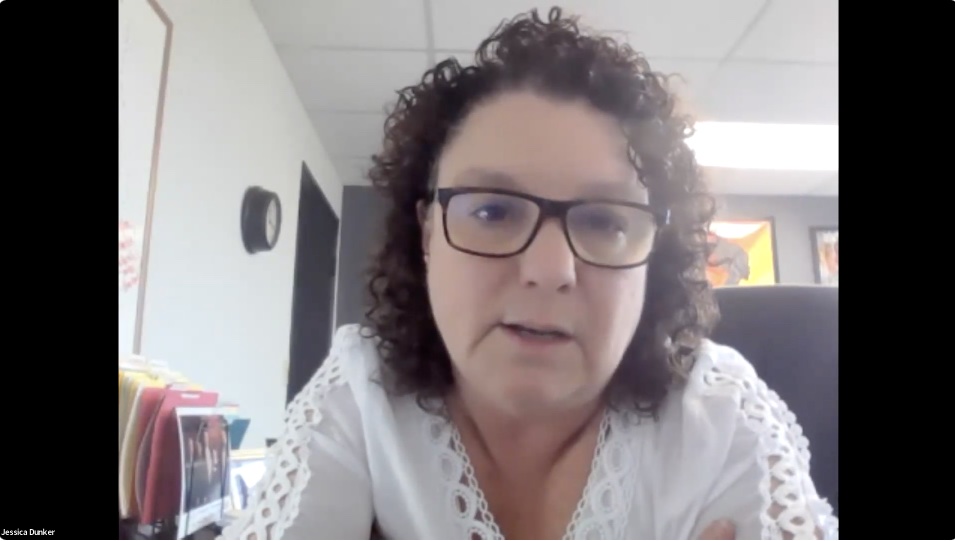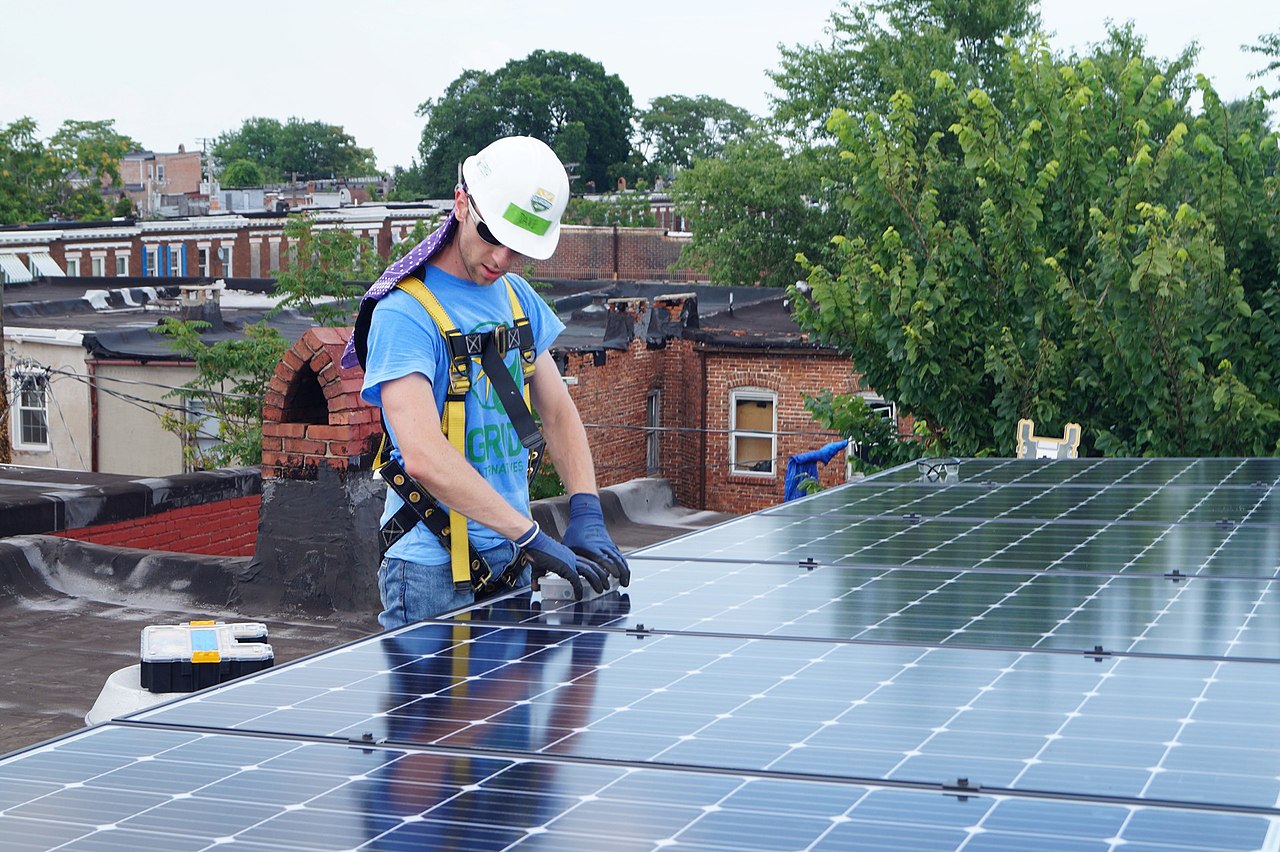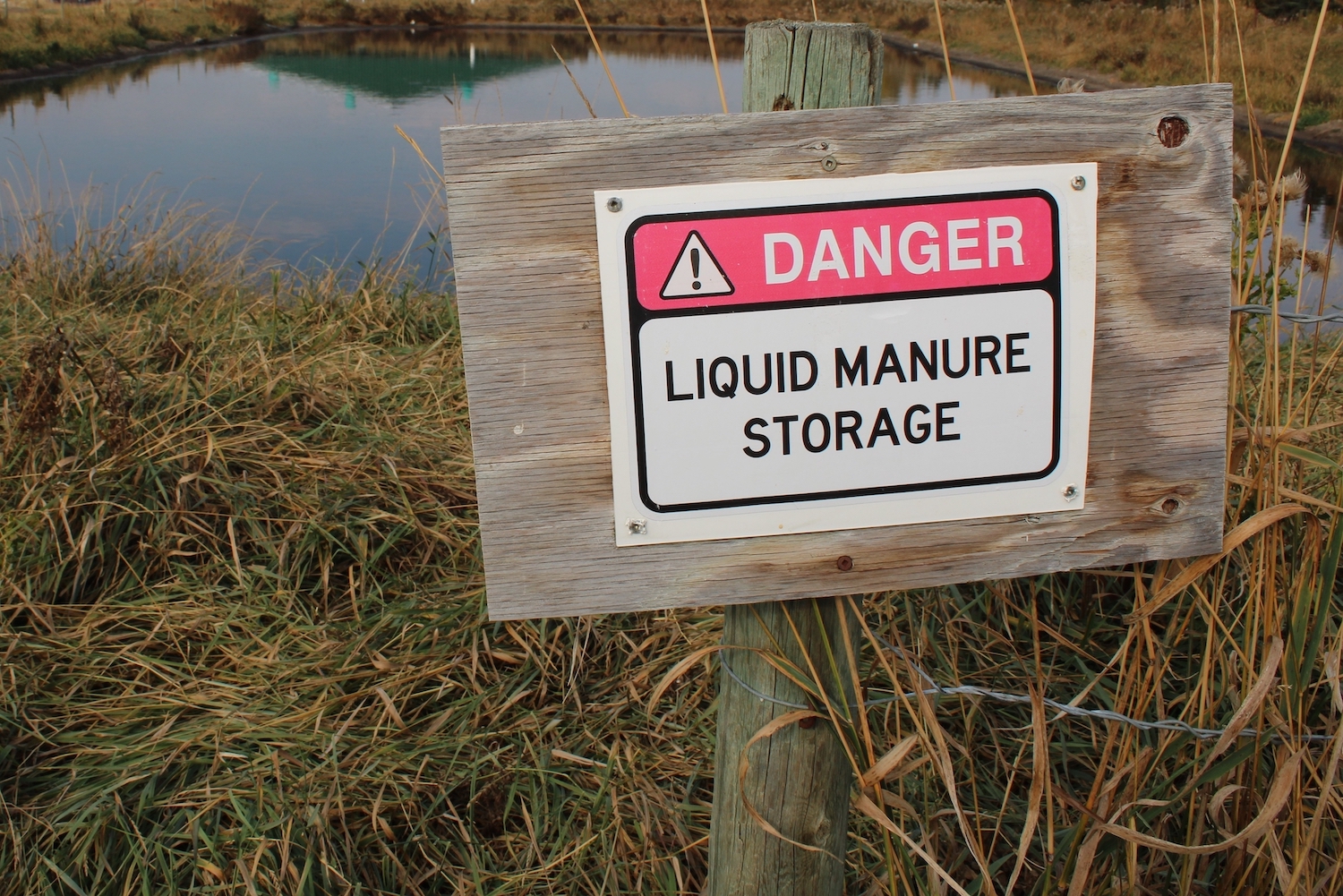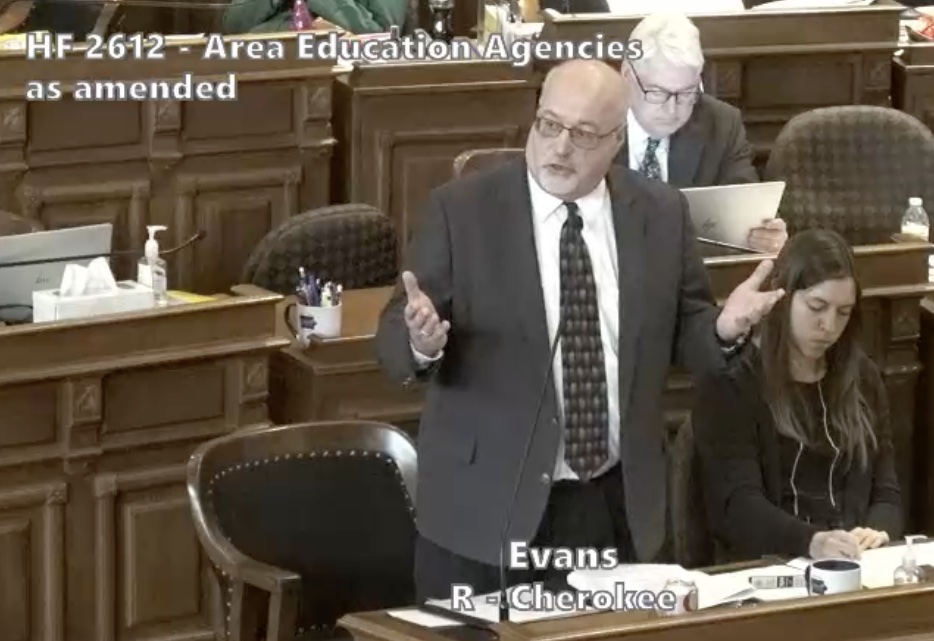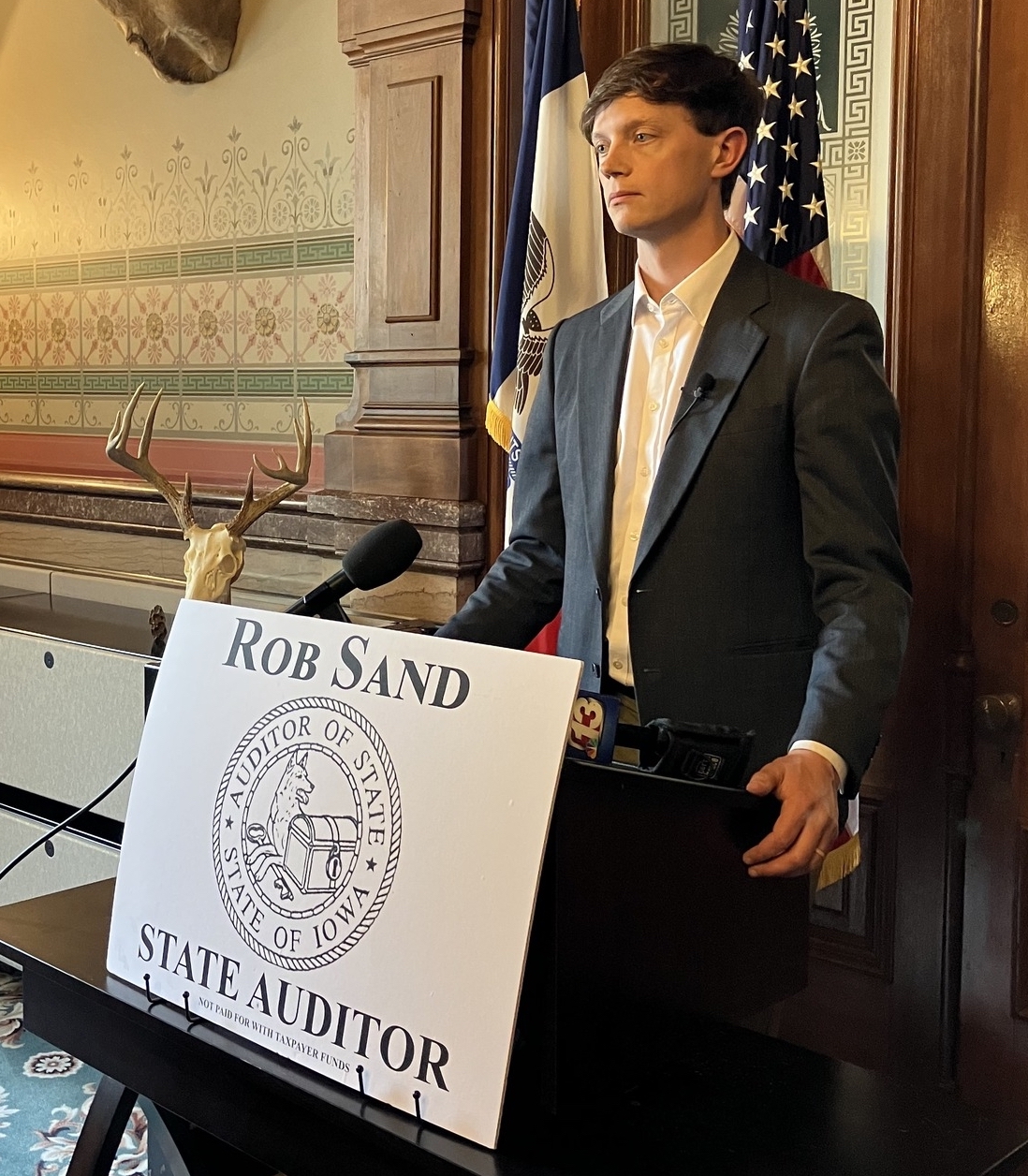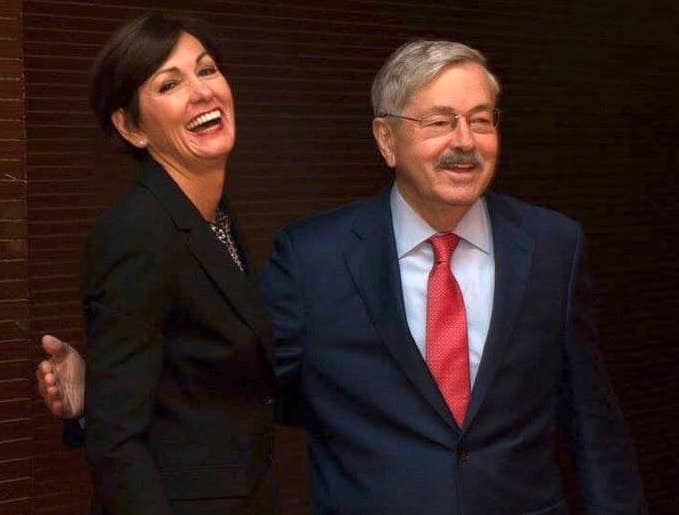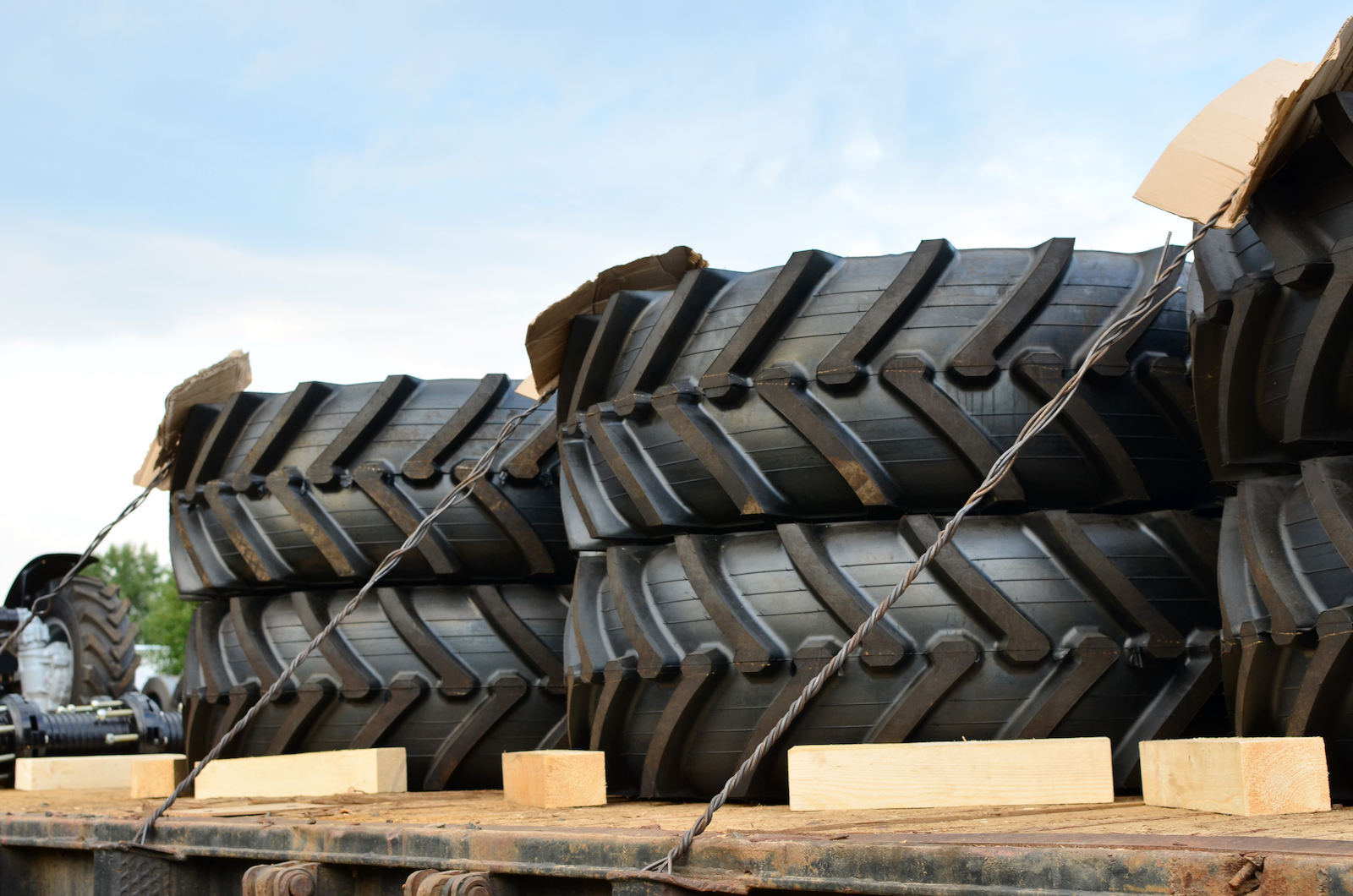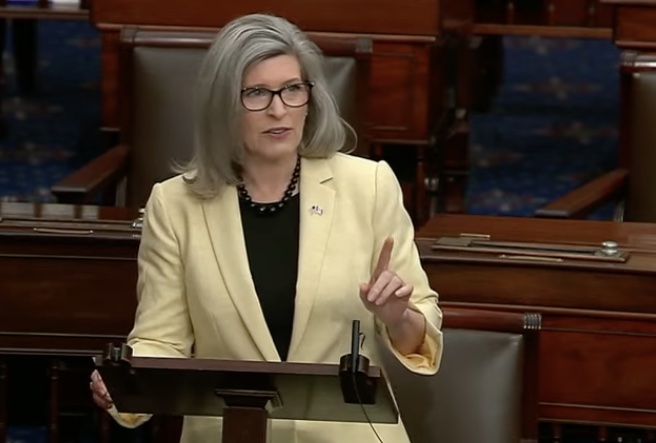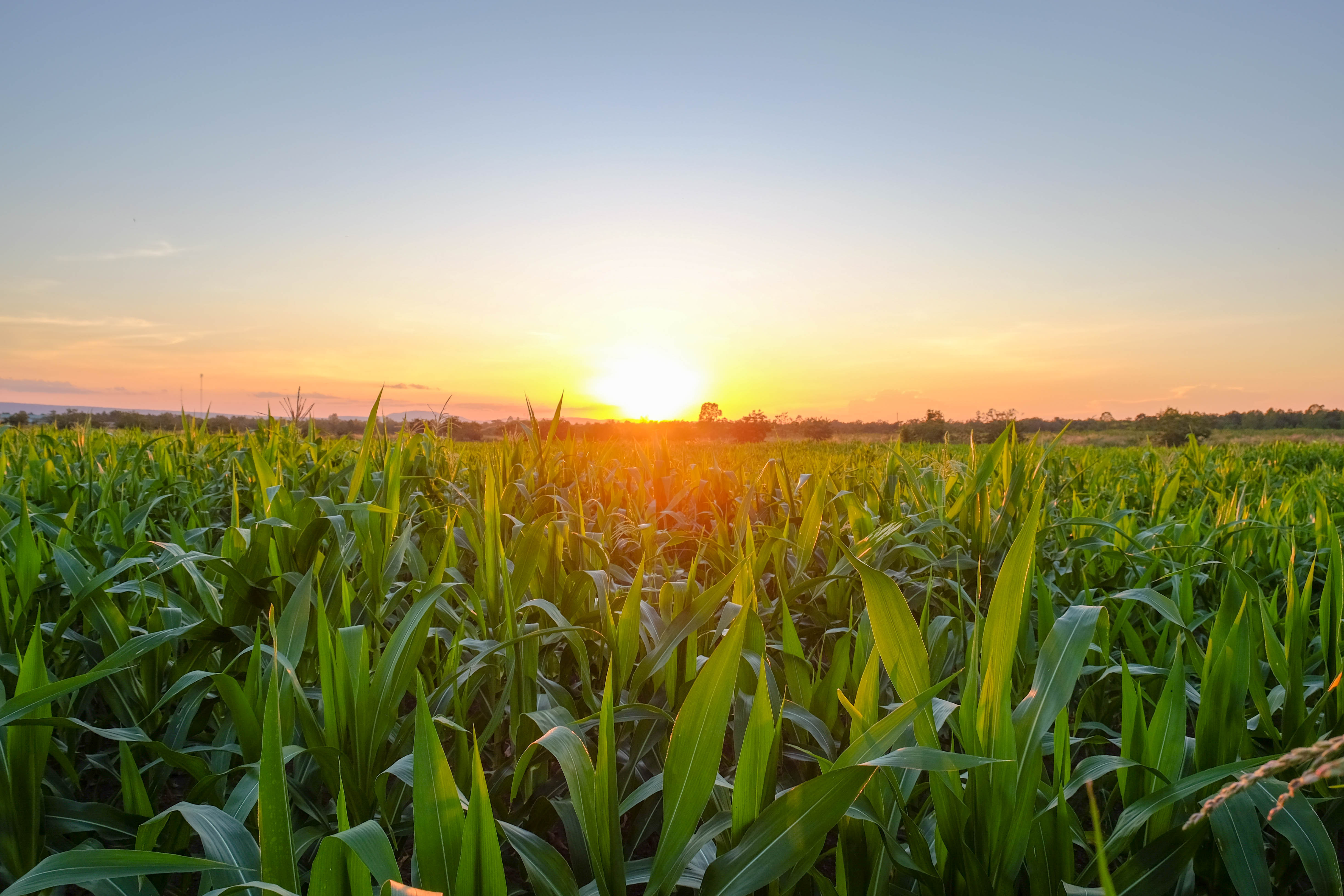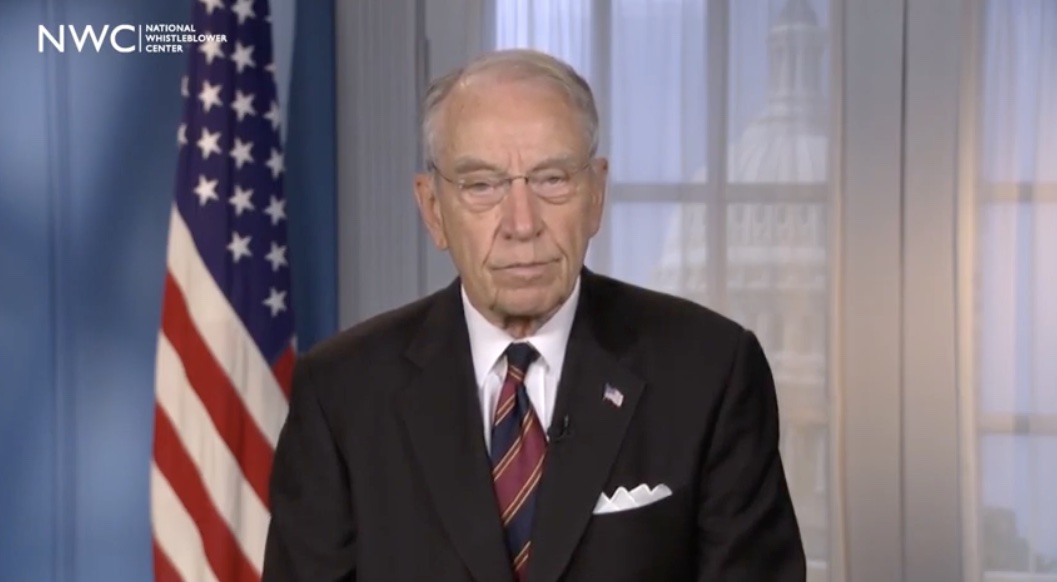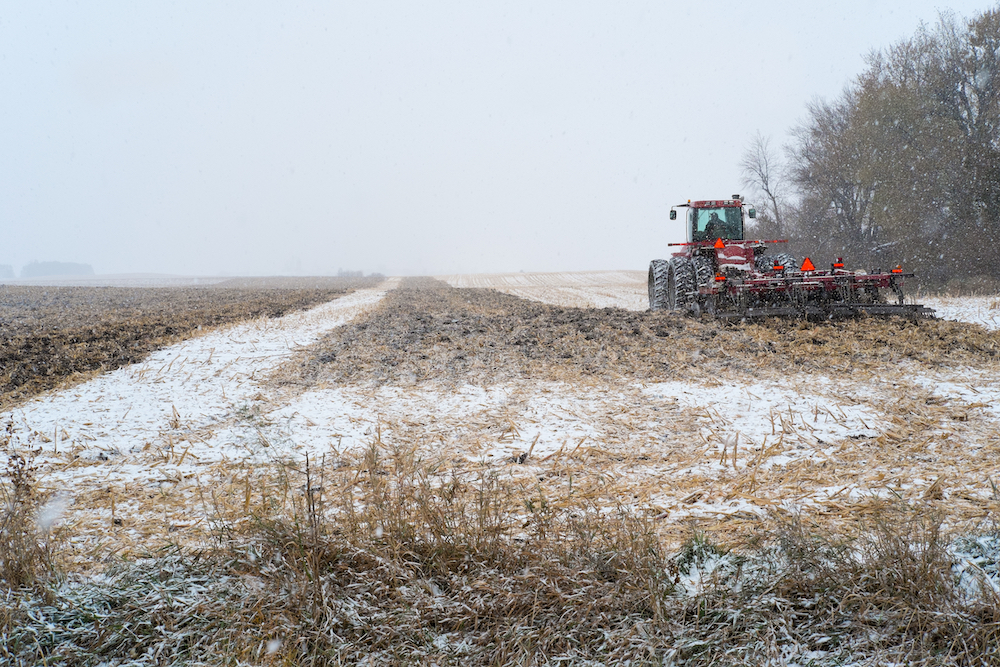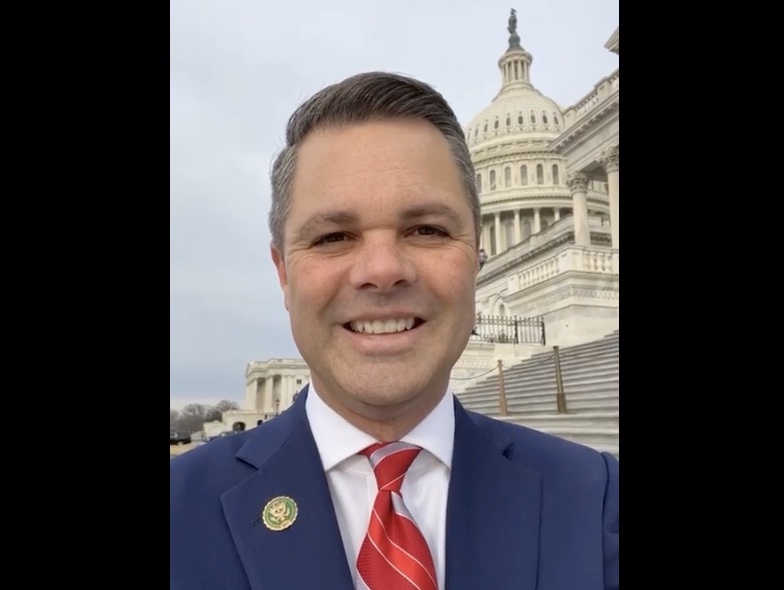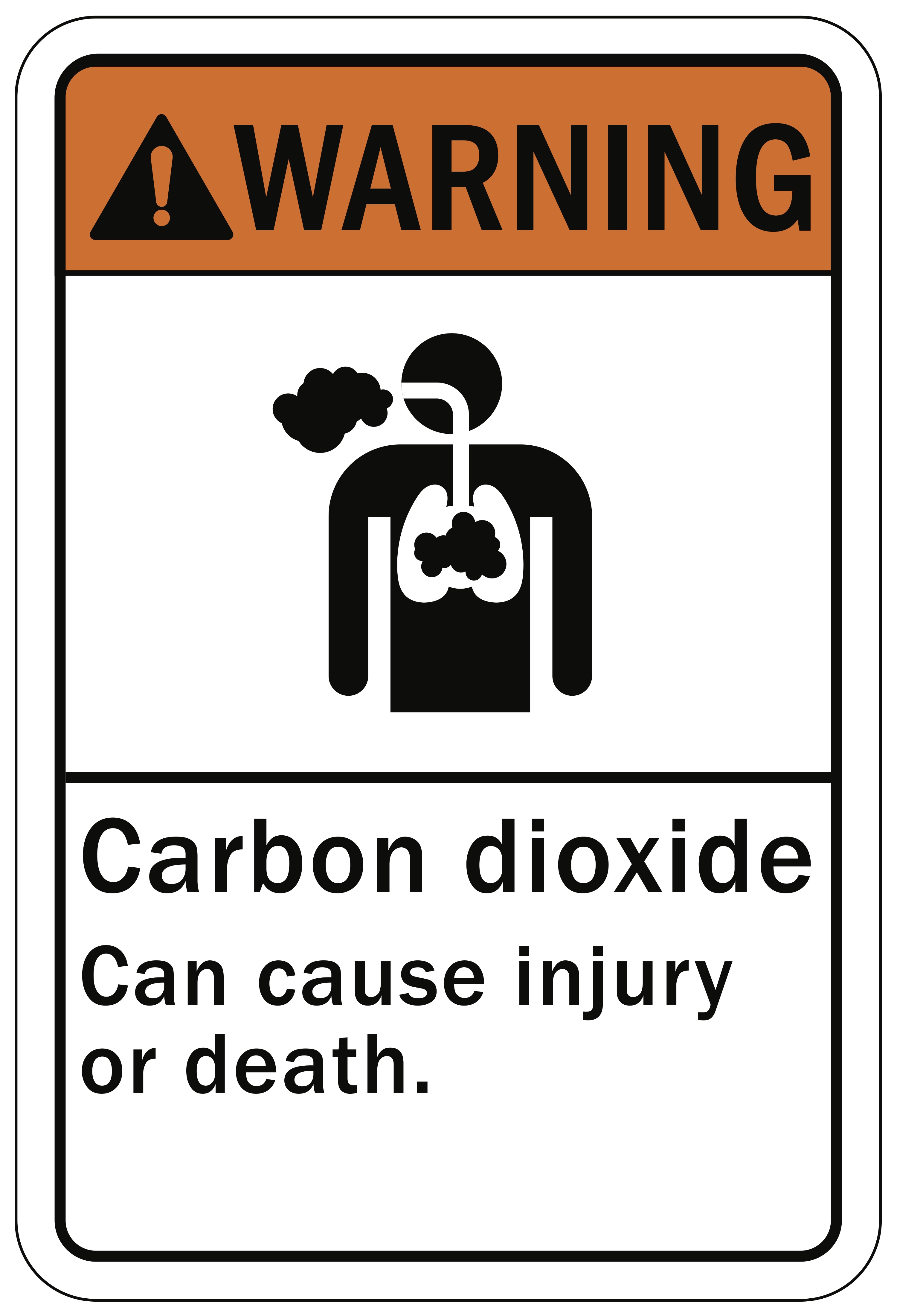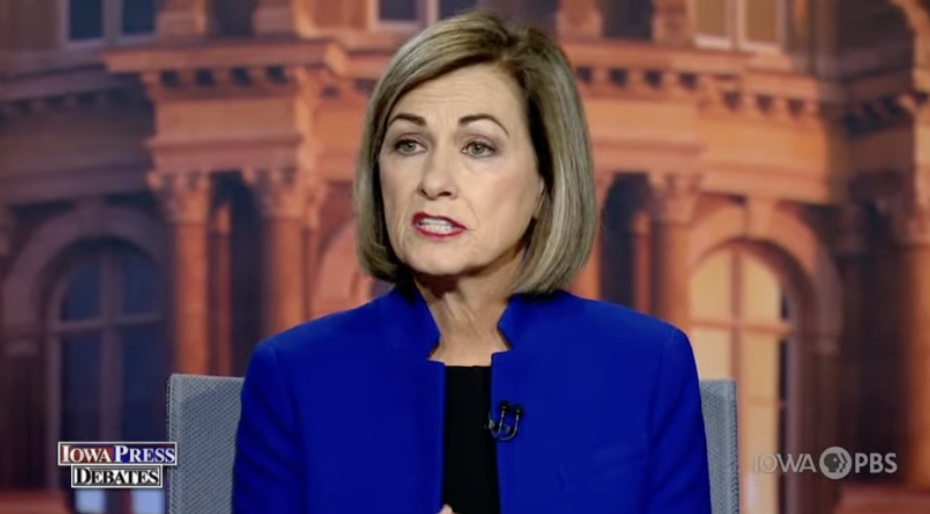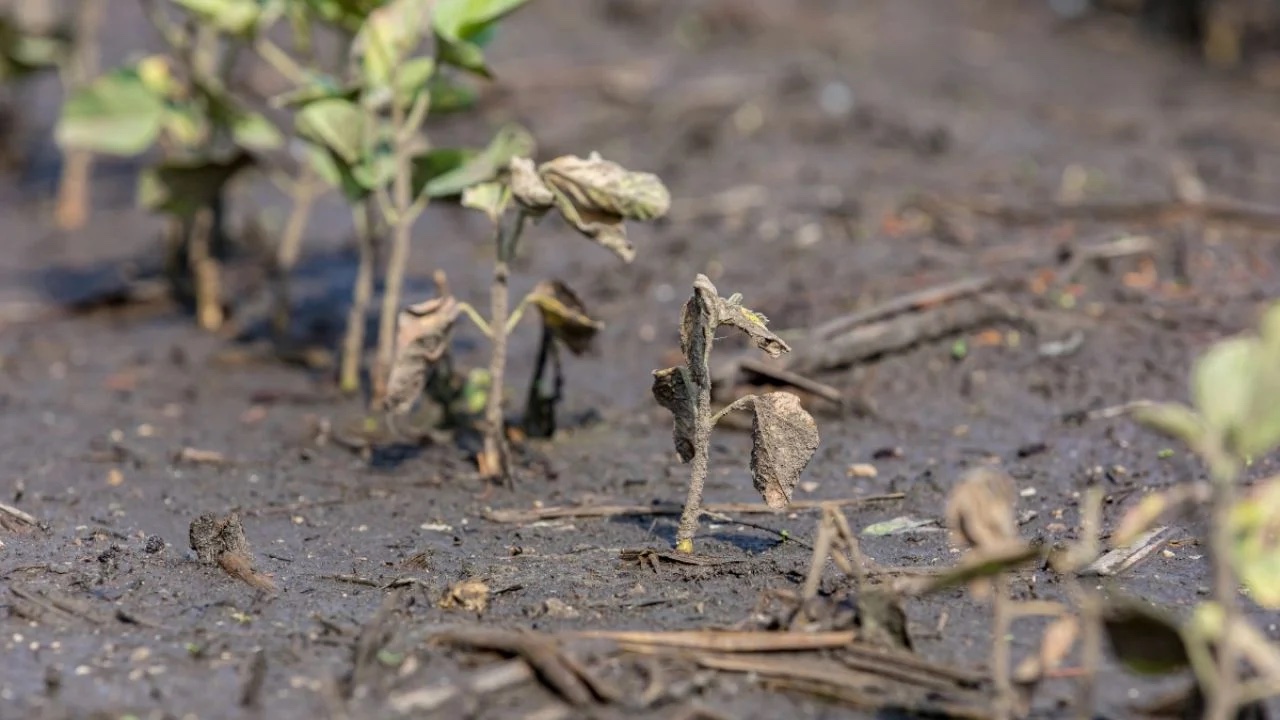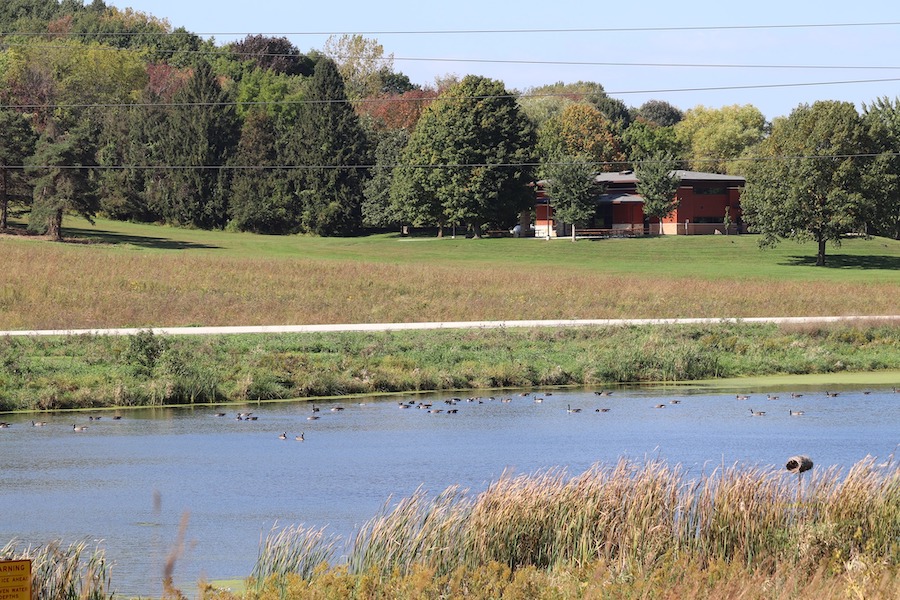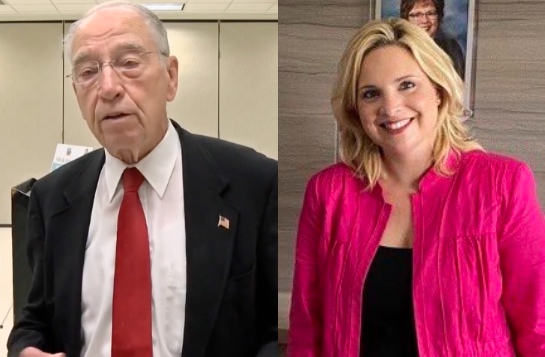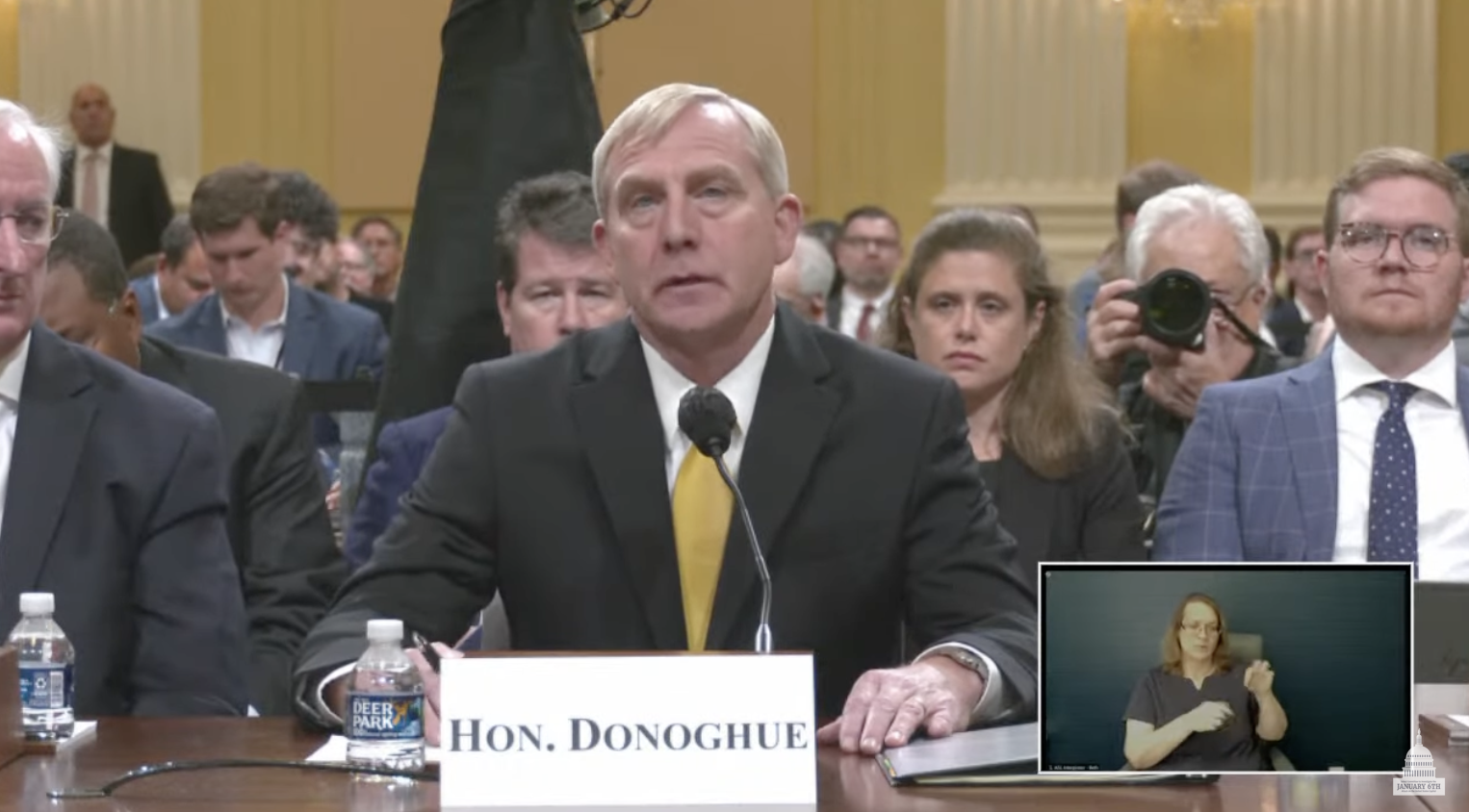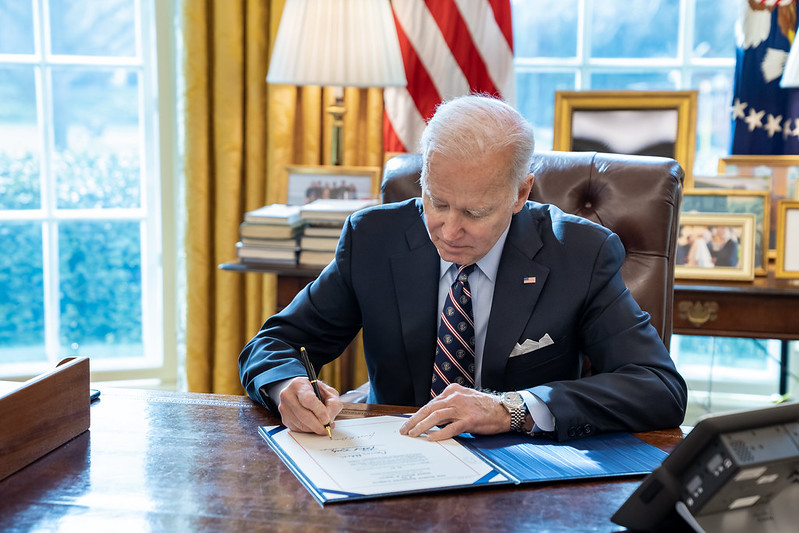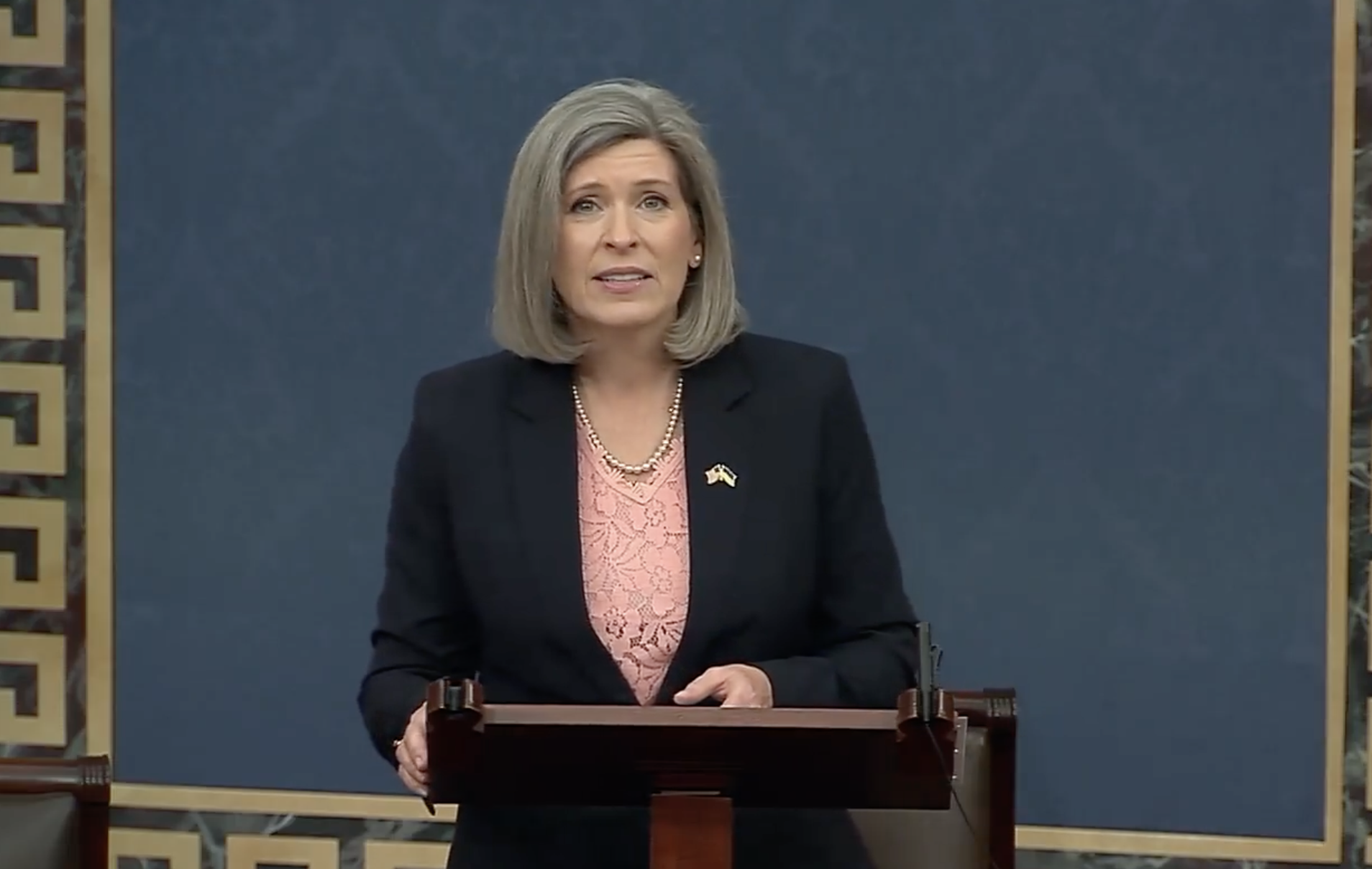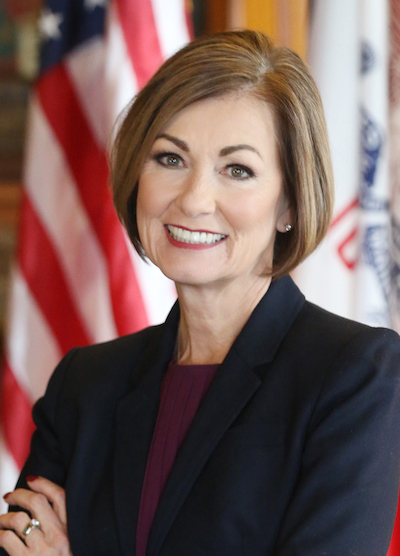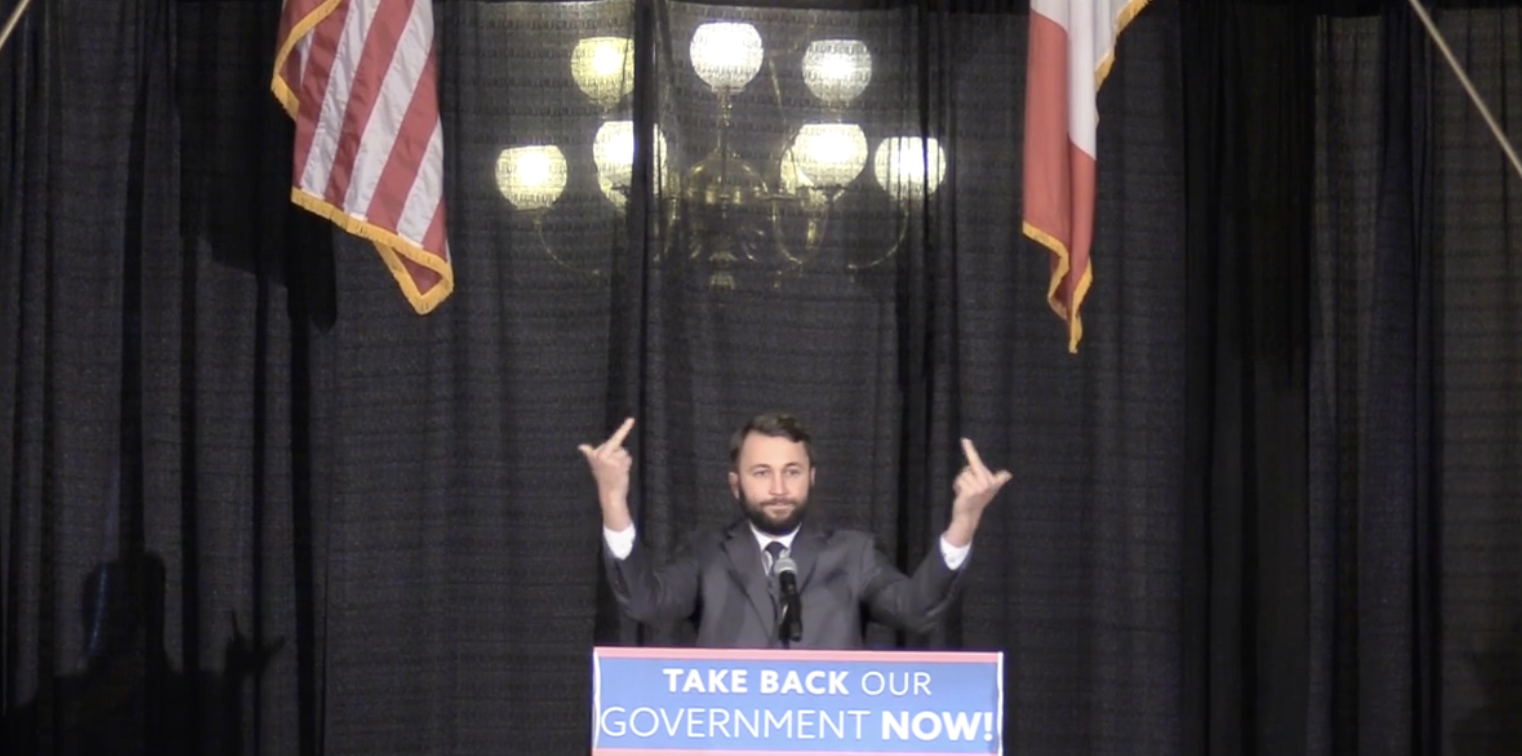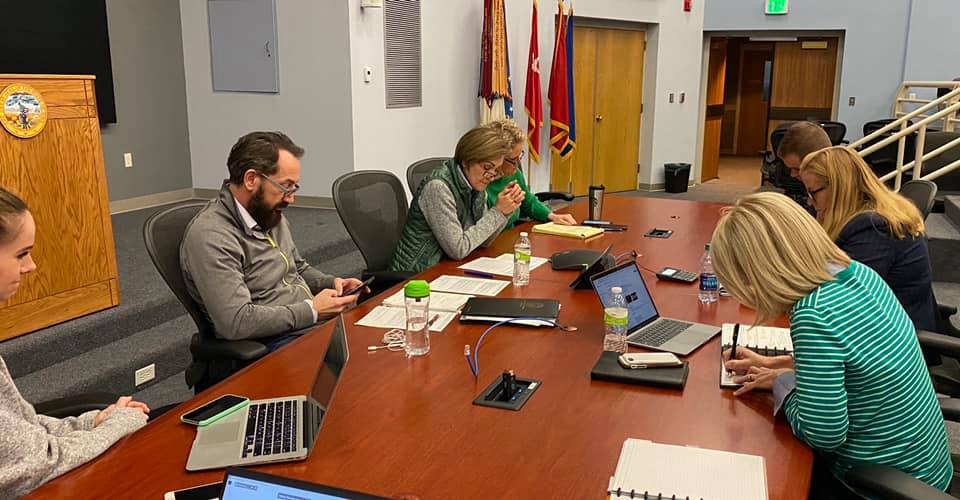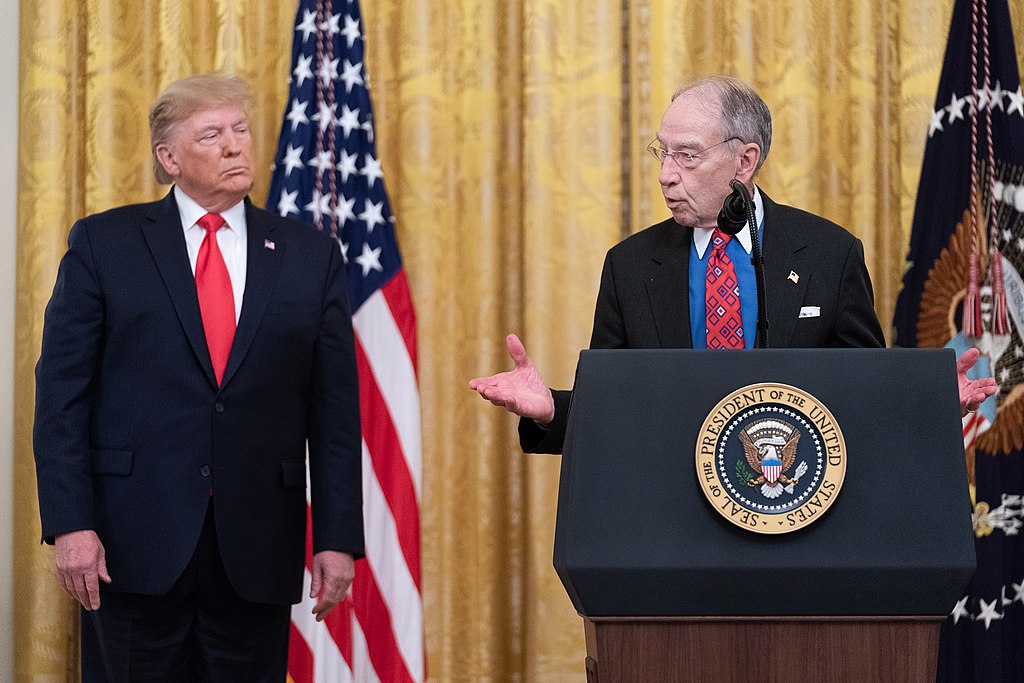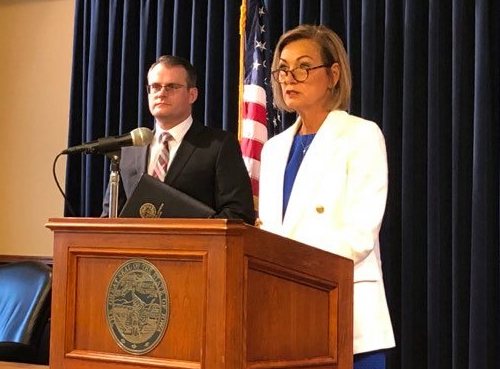
Tombstone of Lawrence F. Shea at his war grave on the American cemetery in Margraten, Netherlands. Photo by Arne Hückelheim, available via Wikimedia Commons
Randy Evans is executive director of the Iowa Freedom of Information Council and can be reached at DMRevans2810@gmail.com.
Veterans Day is around the corner. For John and Bob, the day will be for remembering the men and women who serve in the United States military—and two service members, in particular.
For John, it will be his son, Robert, a Marine lieutenant who will forever be 29 years old. For Bob, it will be his father, Karl, forever the face on treasured family photographs of a handsome 26-year-old Army captain.
John and Bob are patriots through and through. They are not big-government fanatics. They have something else in common, too. They both believe the American people should never forget the ultimate sacrifice paid by members of the U.S. military, and that is a reason they are disappointed with a decision made by the government they love.
They believe the federal government has made a terrible, insensitive mistake by walking away from a pledge to the families of our war dead after World War II—to make it convenient for Gold Star families to remember their 234,000 loved ones who are interred or commemorated in 26 military cemeteries and memorials in more than a dozen foreign countries.
Continue Reading...

